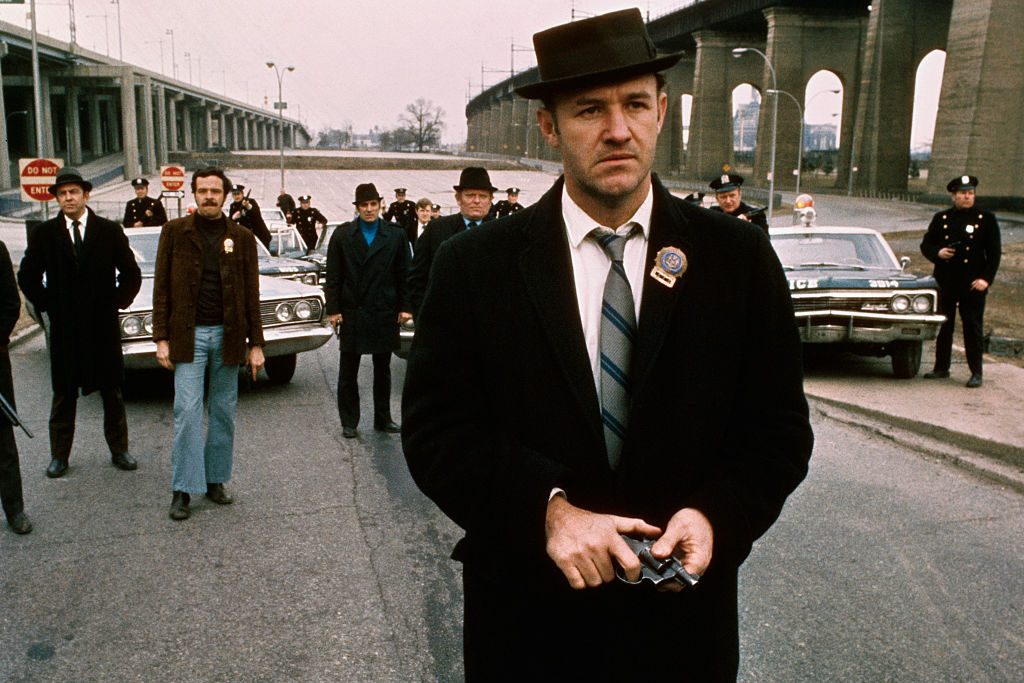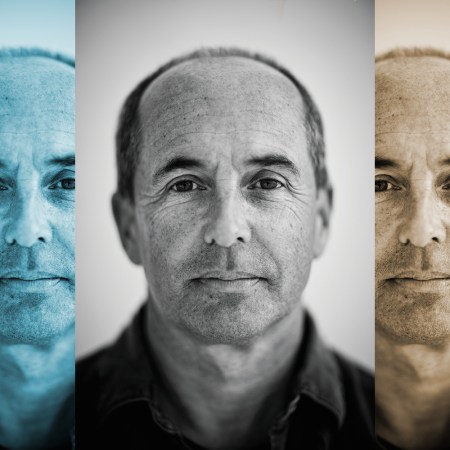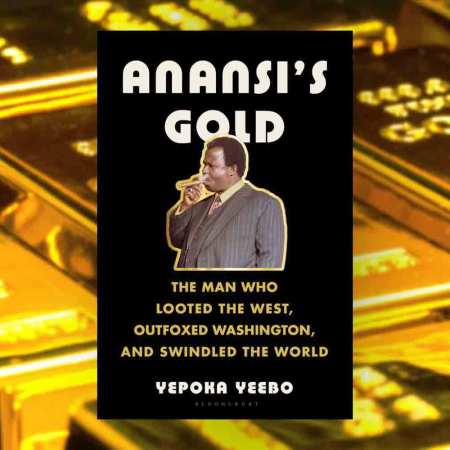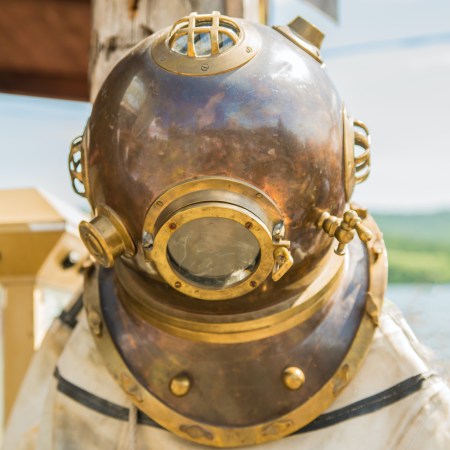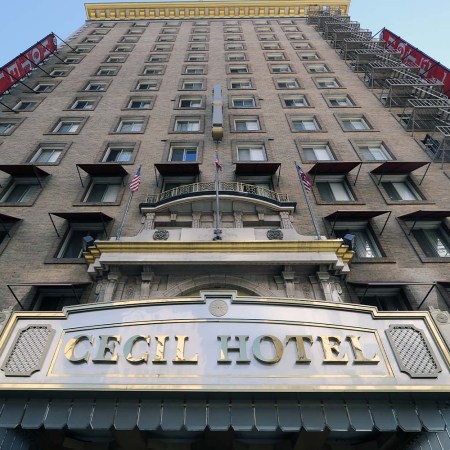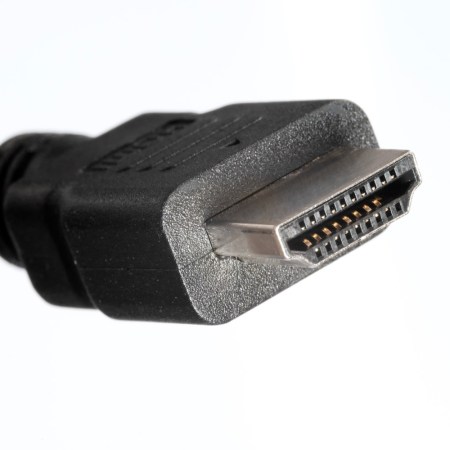It’s now been 50 years since William Friedkin’s The French Connection first hit theaters. And it’s a testament to its staying power that it’s still prompting debate — particularly its central character, “Popeye” Doyle, memorably played by Gene Hackman. Doyle is, in many ways, a terrible person — and yet he’s also a fascinating and contradictory character to watch on screen.
But the presence of an antihero wasn’t the only aspect in which the film feels ahead of its time. The film was also based on a work of nonfiction focusing on a 1962 effort to combat drug smuggling into New York City. Alternately: The French Connection was a high-profile true crime adaptation before true crime adaptations were cool.
In a new article at CrimeReads, Andrew Nette looks back on the history of The French Connection (fun fact: screenwriter Ernest Tidyman also wrote the novel Shaft) and that of the expatriate community in Laos. Nette himself lived there for a while, and recalls an aging restaurant owner from Corsica around whom there was “a particular aura of mystery.”
Nette goes on to note that expatriate Corsicans in the region “had the reputation for being deeply involved in the illegal opium trade, as well as prostitution and smuggling gold and illegal currency.” The book of Moore’s that was adapted into Friedkin’s film wasn’t the only work of nonfiction relevant here, after all — Nette also cites Alfred W. McCoy’s The Politics of Heroin as being of particular interest.
Whether you’re examining at it from its true crime origins or looking for a morally complex film, The French Connection has plenty to offer. There’s also a fantastic car chase in it — though its star recently broke his silence to contend that the one in Bullitt is better.
Thanks for reading InsideHook. Sign up for our daily newsletter and be in the know.
